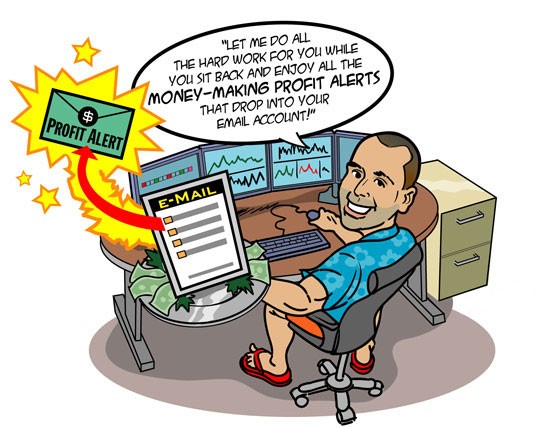The Basics of Trading Penny Stocks and the Best Penny Stock Brokers
Post on: 31 Июль, 2015 No Comment

Are you interested in trading stocks, but can’t afford to pay the price per share? If you don’t mind incurring a higher rate of risk, then penny stocks may be an option to pursue. Many people favor penny stocks because of their low pricing, but they can be incredibly volatile, so you have to choose your picks carefully and take trading costs into account.
- Cheapest Trades
- Commission per trade: $4.95 + $0.0005/share
- Promotion: Free trades for 60 days when you open an account
- $2,000 account minimum
- Learn more about tradeMONSTER
OptionsXpress

optionsXpress customers have access to a great selection of penny stocks at a flat rate, with no additional fees. However, the brokerage doesn’t allow customers to short stock, something for active traders to keep in mind. Active traders may be impressed, though, with optionsXpress’ trading tools. The brokerage has generated some excitement recently with its Idea Hub, which combines the functionality of several different site tools, allowing users to search for trade ideas by category – including earning and volatility – and market sentiment. All of the firm’s customer service options, including email, receive generally good reviews, although some note that email response times can be slow.
If it’s low-priced trades you’re after, try tradeMONSTER. However, you’ll pay in features – the brokerage doesn’t allow customers to short penny stocks. In terms of fees, customers are charged $150/month to hold penny stocks and $150 to sell a penny stock position. The company also has a limited selection of the securities.
Trading costs are even more important when investing in penny stocks than in other types of investment vehicles, because large per share transaction prices can destroy profits more quickly so picking the right low cost brokerage account initially sets you up to be more successful.
What are Penny Stocks?
According to the Securities and Exchange Commission (SEC), the term “penny stock” applies to any stock whose current price is below $5 per share. Penny stocks are usually traded on the Over-The-Counter Bulletin Board (OTCBB) or in the Pink Sheets, which are not strictly regulated, however, they can also trade on securities exchanges.
Many people believe that major companies such as Microsoft and Wal-Mart began as penny stocks, but this is not true. While low-price stocks traded on securities exchanges have the potential to do well, stocks listed on the OTCBB or in the Pink Sheets are usually there because of the lower requirements for disclosure and regulation. The companies are often going through financial hardships, such as bankruptcy.
Many brokers have their own standards as to what qualifies penny stocks. Some define penny stocks by their price per share, but the maximum price varies according to the broker. Others define penny stocks as any stock trading on the OTCBB or in the Pink Sheets. You should always check as to how your broker qualifies penny stocks, because most brokers will charge an additional fee for every trade.
Things You Should Know Before Trading Penny Stocks:
- Over-The-Counter Bulletin Board is an exchange through which you can trade stocks that do not meet the listing requirements of a major exchange (such as the Nasdaq or New York Stock Exchange). Usually the companies traded on the OTCBB are quite small and considered risky investments.
- Pink Sheets are another way to trade stocks that don’t meet the listing requirements of a major exchange. However, while the OTCBB requires companies to maintain SEC filings and meet some requirements, the Pink Sheets have no regulations.
- The Depository Trust and Clearing Corporation (DTCC) handles clearing securities for brokerages. Before you trade a penny stock, make sure to call your broker and ask if it is DTCC eligible, or if it has been given a restriction. If a penny stock is not DTCC eligible, or is restricted, you will be charged an enormous amount in fees. In addition, you probably won’t be able to easily sell that penny stock in the future.
- Always do your own research before investing in a stock, no matter the price or place its listed. Because of the lack of disclosure required for stocks listed in the Pink Sheets or on the OTCBB, you are much more likely to run into a scam when trading penny stocks. For example, a “pump-and-dump” scheme occurs when one party purchases a large amount of a company’s stock, and then ruthlessly promotes the company with exaggerated claims in order to artificially increase the stock price. Then, they sell the stock at the higher price, making a handsome profit.
Ways to Save When Trading Penny Stocks
The main way to save money when trading penny stocks is to choose a broker that doesn’t charge you extra fees. But before you choose a broker, you should always make sure to ask about their terms and conditions. Otherwise, you’ll never know if they have trading restrictions, minimum purchase sizes, or special fees.














